When evaluating one’s business strategy, the time taken to manufacture a product is of the essence. Businesses with large orders can save time by automating the processes that can be automated to increase their output, and reduce labor costs.
For those in the printing business, paper folding machines can significantly save the processing time of a product. However, knowing which folding machine to pick is important to ensure one’s production line is optimized effectively. This guide will outline the kinds of folding machines available on the market, as well as the key factors to consider when sourcing a suitable folding machine for one’s needs.
Table of Contents
The market for paper folding machines
Factors to consider when buying a folding machine
Types of folding machines
Final thoughts on folding machines
The market for paper folding machines
The folding machine market was valued at US $1.83 billion in 2020. In the industrial sector, the folding machine has several applications, ranging from textile and packaging to printing. Because of this, the growth of the folding machine market is set to increase, especially due to advances in machine technology. Artificial Intelligence (AI) and the Internet of things (IoT) are expected to produce machines with better automation while enabling internet connectivity.
As a result, the folding machine market is expected to rise to US $3.4 billion by 2027 at a compound annual growth rate (CAGR) of 9.24%. The North American region has dominated the folding machine market and is expected to continue to do so. However, The Asia Pacific region has seen the most significant growth. The rise in demand for folding machines, especially from the textile industry, is expected to drive the market in that region higher.
Factors to consider when buying a folding machine
Paper size
There are different paper sizes to be folded, including A2, A3, A4, A5, B2, and B3. Knowing the paper size to be folded will help a business determine the best kind of folding machine to acquire. Note that most folding machines are suitable for A4-sized sheets, but if a business requires less common paper sizes, they should carefully check the machine’s suitability.
Paper stock and thickness
The folder chosen should be able to handle the weight of the paper to be used. The paper to be folded is either coated or uncoated. Uncoated paper is made without a surface coating. It is softer and absorbent. Coated paper, on the other hand, could come with a clay, silky or glossy coat. The coat affects the absorbency, appearance, and weight of paper.
If the business specializes in folding coated paper, it’ll need a folder with speed control. The glossy paper should also be scored before being folded. Coated/glossy paper is thicker than non coated paper. A 20 lb sheet of paper will be suitable for most, if not all, folding machines. However, using cardstock or glossy paper will require a special folding machine to process the thicker sheets.
Fold types
There are several-fold types that a folding machine can perform. They include letter folds (C folds), accordion folds (Z folds), right-angle folds, fold-outs, half-folds, double paralleled folds, and gate (brochure) folds. The most common type is the letter fold. And as a result, most folding machines can do the letter fold. However, for a more complicated fold, businesses will have to ensure they acquire a folding machine with such capabilities. And another key consideration with a machine that can do a variety of folds is whether it has the ability to switch between folds easily.
Folding volume
The folding volume is the number of sheets that can be folded in a set amount of time. Light duty folding machines hold a volume of 800 folds in a month. Medium-duty folders can handle 20,000 folds in a month, while heavy-duty folding machines have a volume of 150,000 folds in a month. Air feed folding machines can fold over 150,000 papers in a month. It is therefore important to ensure that a business selects a type of folder that matches their intended folding volume.
Budget
Folders with basic folding features will cost less than a folding machine with advanced features such as a high folding volume. As a result, businesses should balance the technological needs of their company with the amount of money they’re willing to spend. An average quality letter folding machine costs as little as US $91, and a heavy-duty commercial one can cost as much as US $3800. While for those that require large scale production, an automatic folding machine can cost around US $32,000. The add-on features of a folding machine will also affect the price of the folding machine.
Folding productivity
And finally, considering the productivity of a machine is important to ensure that the machine can comfortably match the business’s required folding volume. For example, if a business needs 500 folds a day, they should select a folding machine that is capable of delivering this. Productivity also refers to the kind of work the business handles. Knife folding machines are suitable for folding books, while buckle folding machines are suitable for advertising material.
Types of folding machines
Knife folders
Knife folders work primarily by folding paper between two rollers with a blunt knife.
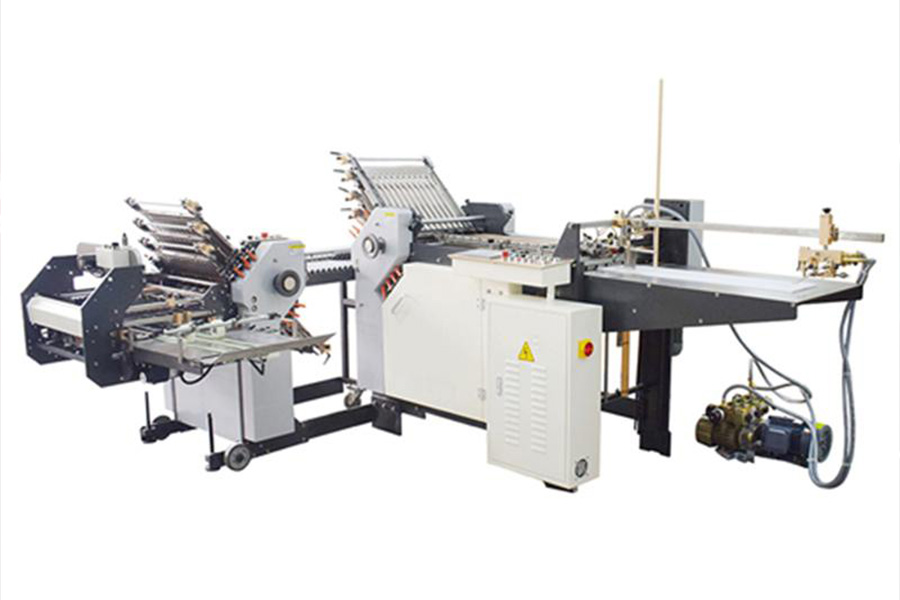
Features:
- The knife operates from the top-down or bottom-up as needed.
- It has a reversible belt that can offer delivery from either side.
- It incorporates perforators and slitters for use at various stages of folding.
Pros:
- Delicate digital stocks, cross-grained paper, and heavy-weight stock can be folded without scratching or marking.
Cons:
- To maintain accuracy, they rely on the paper stock to have some weight.
Buckle folders
Buckle folders work by feeding the machine with paper at high speed until it cannot hold any more paper. This results in the buckling of the paper.
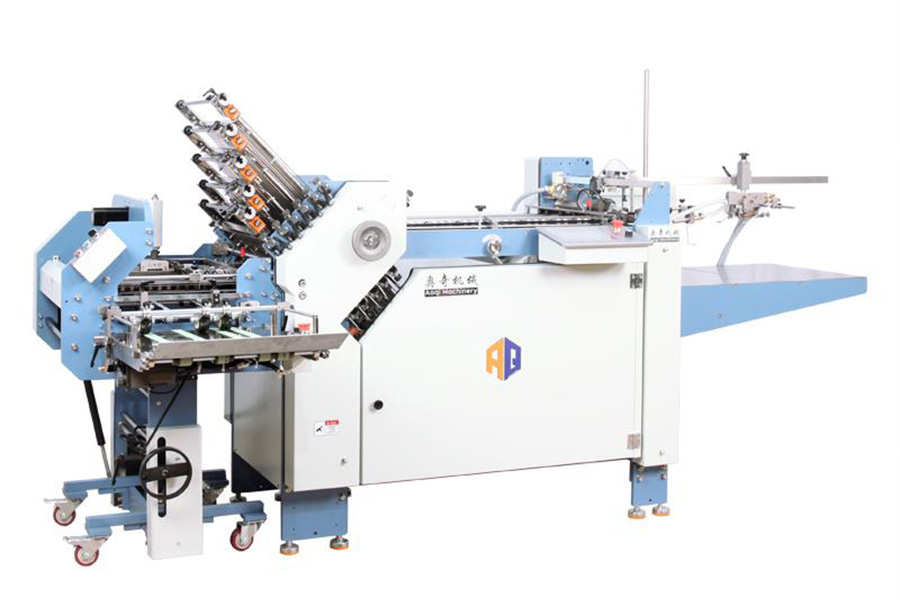
Features:
- It has a plane of plates at an angle of 450 to the feeding plane.
- It incorporates folding knife units.
Pros:
- It can run at higher speeds than knife folders.
Cons:
- It is more complex to operate.
- It has a high initial cost of acquisition.
Combination folders
Combination folders incorporate knife and buckle folding in different stages within the same machine.
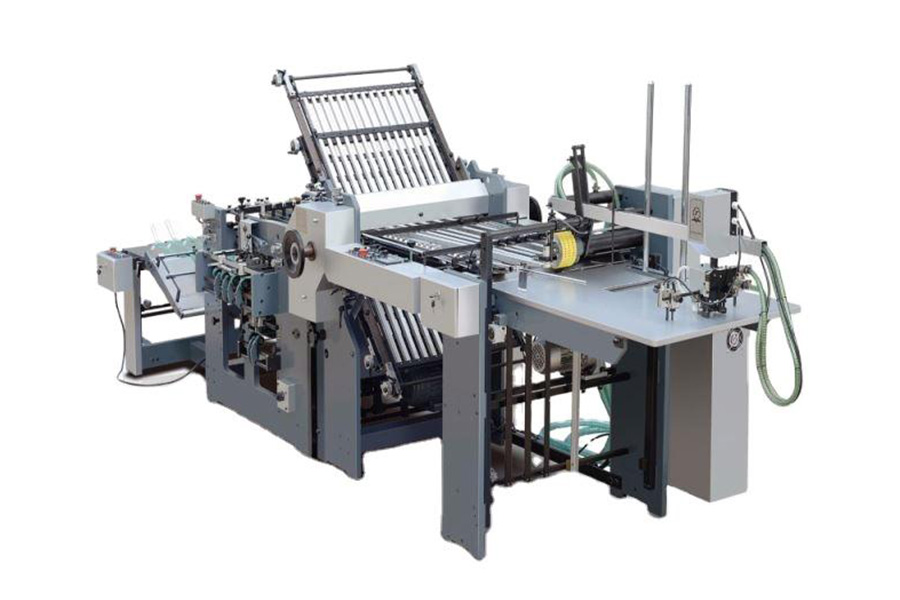
Features:
- It uses both knife and buckle folding principles.
Pros:
- It is more suitable for both advertising and bookwork.
Cons:
- It is expensive.
- The machine occupies a lot of space.
- It is suitable for large businesses only.
Final thoughts on folding machines
Investing in a paper folding machine can make significant improvements to the productivity and efficiency of one’s business, and can lead to better quality products. This is in addition to saving money that would’ve been spent hiring more employees. As a result it’s clear that the benefits of using a folding machine certainly can outweigh the costs of acquiring one. To learn more about folding machines, and to see a range of items available on the market today, check out the following folding machines from Chovm.com.
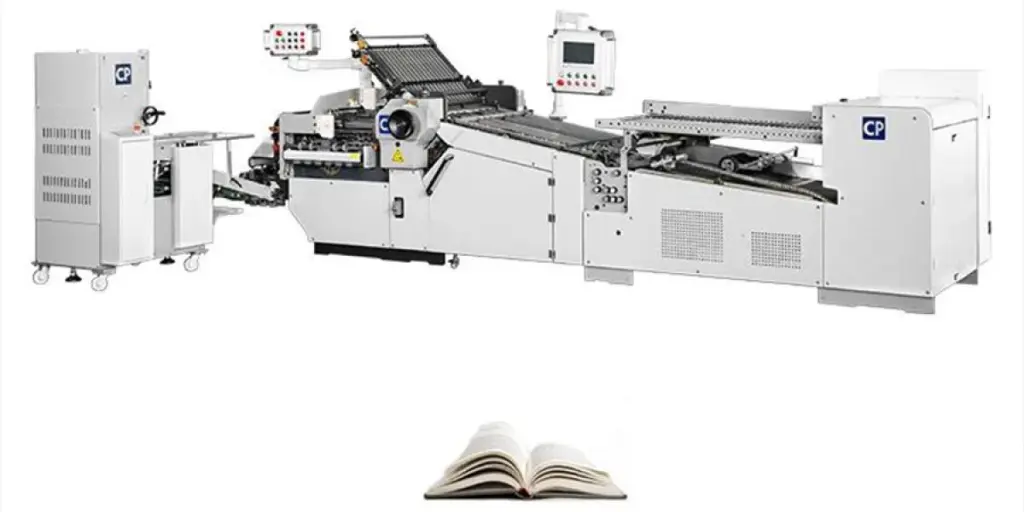

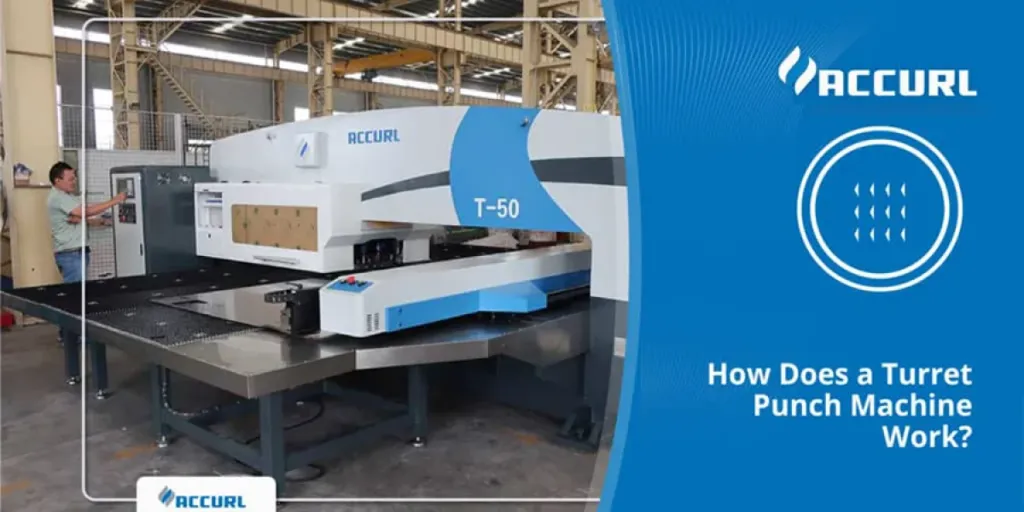
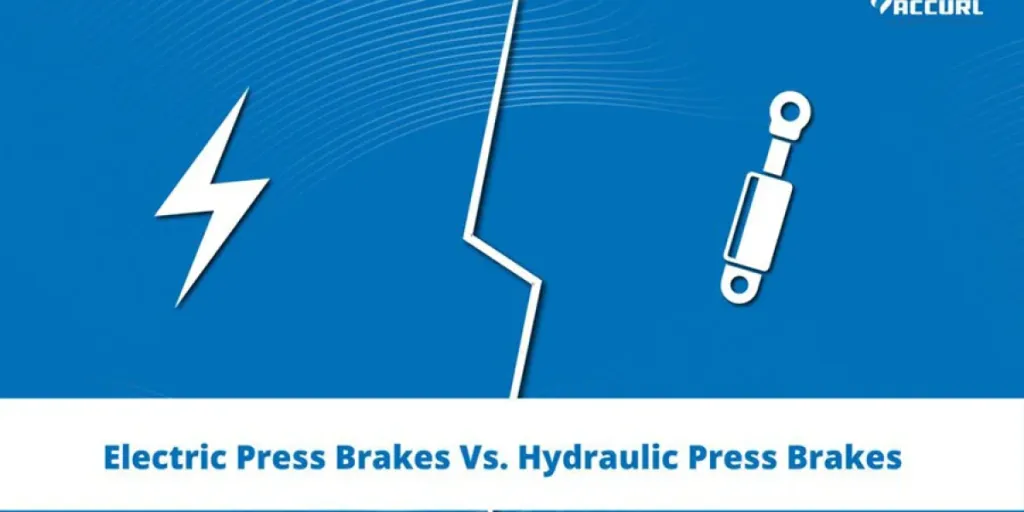
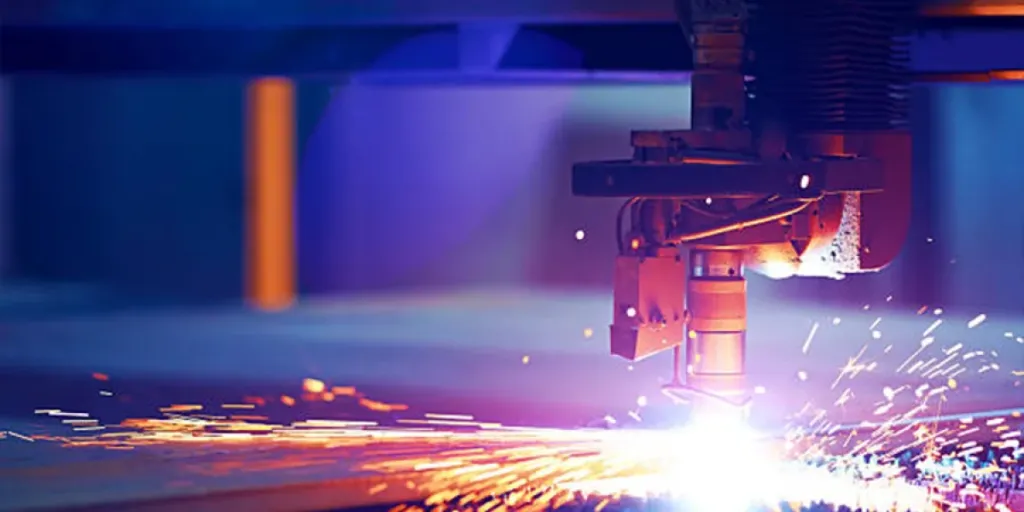
 বাংলা
বাংলা Nederlands
Nederlands English
English Français
Français Deutsch
Deutsch हिन्दी
हिन्दी Bahasa Indonesia
Bahasa Indonesia Italiano
Italiano 日本語
日本語 한국어
한국어 Bahasa Melayu
Bahasa Melayu മലയാളം
മലയാളം پښتو
پښتو فارسی
فارسی Polski
Polski Português
Português Русский
Русский Español
Español Kiswahili
Kiswahili ไทย
ไทย Türkçe
Türkçe اردو
اردو Tiếng Việt
Tiếng Việt isiXhosa
isiXhosa Zulu
Zulu